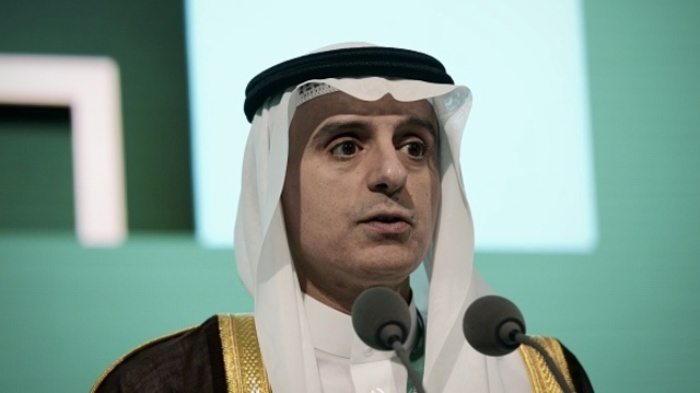Too Much Optimism Squandered for Saudi Arabia

By: Nosratollah Tajik
There could be no greater irony. Saudi Arabia, the country whose policies and actions have been the main instigator of Da'esh and other salafi groups, and whose seamless financial and arms support for radical Islamists has sparked off sectarian war in the Middle East region, has now launched a publicity stunt and announced formation of an anti-terrorism alliance of 34 Muslim countries.
It could not get more preposterous. Yemen and Libya, suffering civil war and having no central government, are part of the team. Saudis have patronizingly decided to add other countries to the list by their own decision. The public announcement of the Saudi government states the goals of the alliance 'to battle terrorism and chaos' in Muslim countries. But what about Syria? Was it not a Muslim country when Saudi policies led to destruction of its infrastructures and suffering of its people?
Clearly, the initiative is formed to facilitate Riyadh's intervention in Syria, and not fight Middle East terrorism, the brainchild of the Saudi regime. The inspirations came from United States though, when US Secretary of State Ashton Carter called for Arab countries to get their boots on the ground and send military forces to Syria. Apparently, Western countries still lack a correct understanding of Middle East affairs.
Iran's diplomatic apparatus, on the other hand, has been inactive and on the defensive throughout all these developments. Comments by senior officials of the ministry also prove their skin-deep knowledge of Saudi Arabia and its intentions, like when a few kind words from the Saudi Foreign Minister Adel al-Jubeir on Iran's long history and culture are taken out of their context –a lengthy critical ramble-on against Iran- and considered as Riyadh's decision to correct its foreign policy and ease tensions with Tehran.
In a recent interview with the state-run Arabic TV al-Alam, Iran's Deputy Foreign Minister [Hassan Ghashghavi] points to Saudi Arabia's decision to dispatch a new ambassador to Tehran, and to the recent exchange between foreign ministers of the two countries, and expresses optimism for "further interaction". Despite four years of harmful measures against Iran in both the regional and international stage and destructive policies in Syria, the most recent of which were the scandalous Riyadh meeting and the phony anti-terrorism alliance, Iranian diplomats have come to the conclusion that Saudi Arabia is seeking rapprochement. How one reaches that conclusion is a matter of question.
* This piece was originally published in IRD Persian. Nostratollah Tajik is Iran's former ambassador to Jordan. He spent six years under house arrest in Britain, under allegations of purchasing night-vision binoculars and violating Iran's arms embargo.

